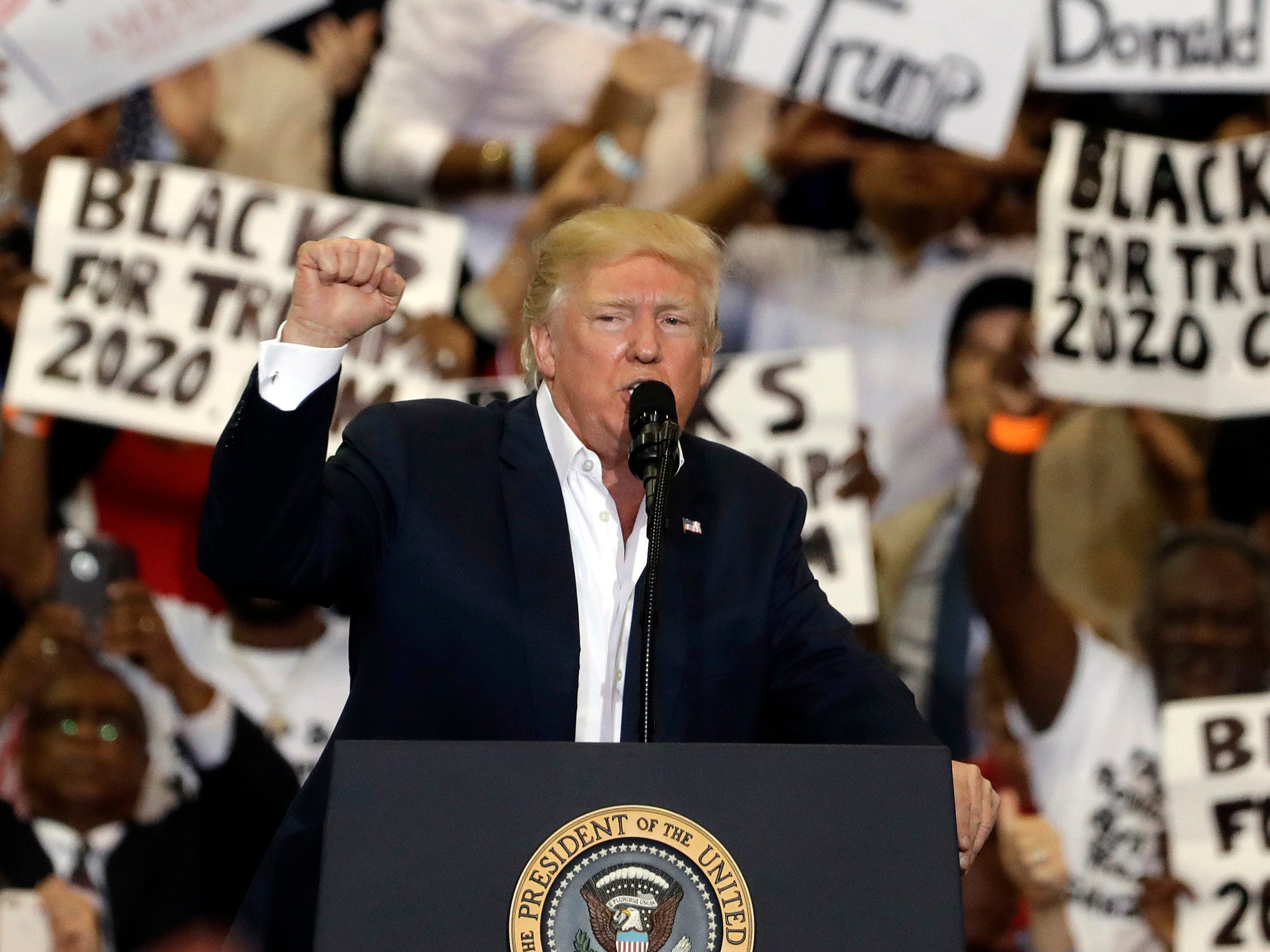Donald Trump is not the first president to sign a divisive executive order in the name of 'national security'
Ten years ago, the idea of internment camps based on ethnicity would have felt very alien to me – even impossible – but now, I’m not so sure

Seventy-five years ago, on 19 January 1942, the then President of the United States, Franklin D Roosevelt, signed an executive order. I doubt it was treated as quite the photo opportunity that more recent executive orders have become – this was a few decades before Twitter and Facebook Live – but its effect was nonetheless immediate and devastating. This order, the now notorious Executive Order 9066, would ultimately lead to the internment of over 100,000 Americans with Japanese ancestry, on American soil.
There is a narrative in our press at the moment that tends to draw parallels between Donald Trump of the modern United States and Adolf Hitler of 1930s Germany. I see the superficial reasons for which these kind of parallels might be drawn, but I urge you not to fall into the trap of thinking this is “just like fascism all over again”. If you give it a closer analysis, there are some very clear differences between the America of 2017 and Germany of 1939.
The question isn’t so much “is this the same as that” but whether recent events in global politics – for instance Trump’s imposition of the travel ban (which he now refers to openly as a “ban”), a policy directly targeting people of certain ethnic backgrounds – is perhaps symptomatic of an underlying change somehow. Ten years ago, the idea of internment camps based on ethnicity would have felt very alien to me, even impossible. But now I’m not so sure.
Some of those comparing Trump to Hitler feel safer making those comparisons because, even though they draw certain parallels up to a point, there’s a feeling that somehow it could never really get quite that bad again, not in the 21st century – after all, this is America, not Germany.
We spend a lot of time considering the history of countries such as Germany in World War II, but perhaps we would be better served by broadening our perspective and looking to the history of countries closer to home, considering just how far they were prepared to go in the name of their “national security” – a rhetorical device Trump is particularly fond of. On this day, 75 years ago, it made sense to the American government of the time to imprison everyone of Japanese ethnicity. Is it so unimaginable that Trump would never consider putting comparable policies in place?
A much more interesting parallel is that between Trump and Roosevelt, but this is cited far less often, and is far more uncomfortable – Roosevelt is often hailed as an American hero. On the surface, Roosevelt’s America was at war, unlike Trump’s, and many would argue that the circumstances under which he operated and made decisions were radically different; nevertheless, there are many others who would attest that America is at war with Islamic fundamentalism.
Mercifully, I am in no way able to predict the future – that would make for a very dull existence. Still, I feel we are moving towards a world much closer to the one we perhaps wrongly assumed would remain confined to dusty textbooks, and the thought of people being herded into internment camps in the 21st century, however remote, is no longer an impossibility.
Join our commenting forum
Join thought-provoking conversations, follow other Independent readers and see their replies
Comments
Bookmark popover
Removed from bookmarks